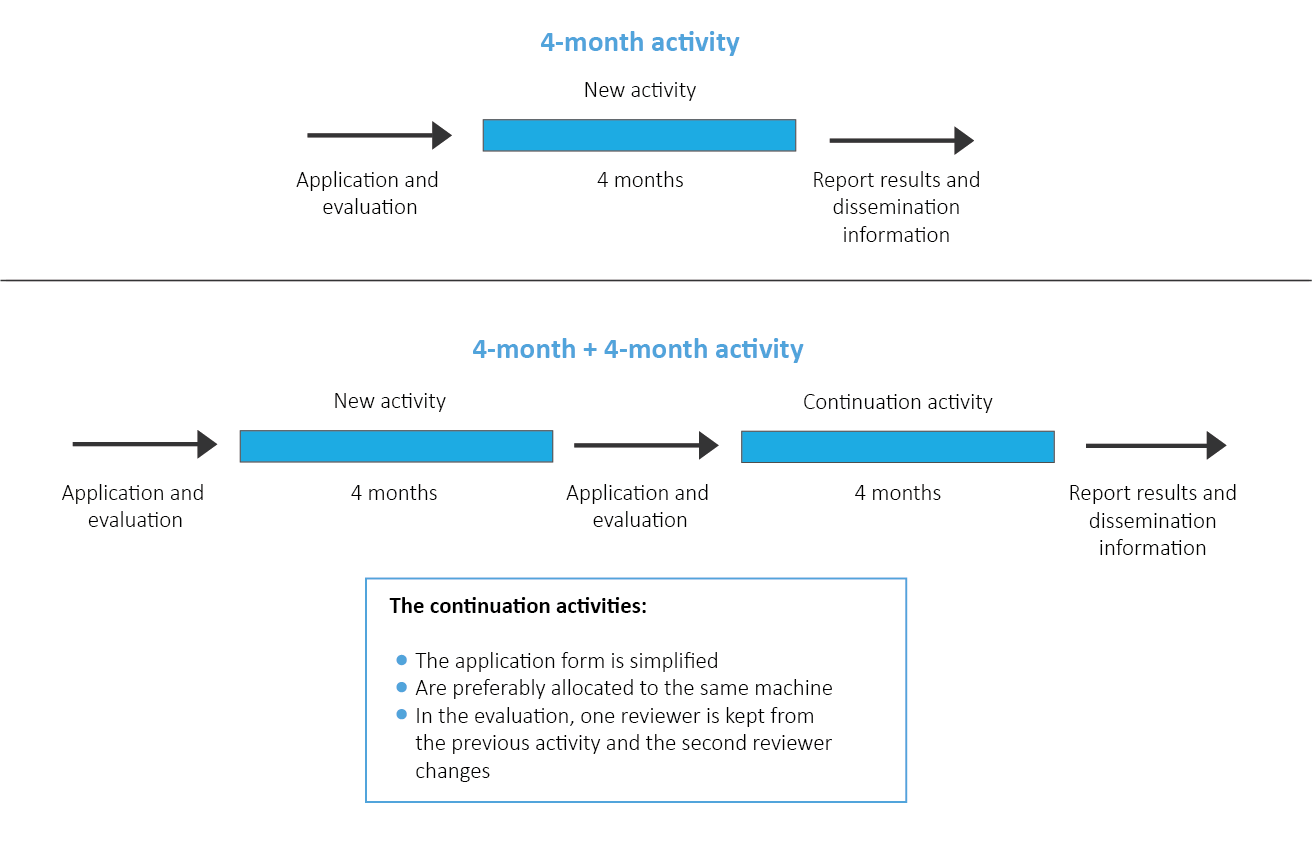COMPUTING and ARTIFICIAL INTELLIGENCE RESOURCES
Which resources are available?
Researchers can apply for computing time on the supercomputers of the Spanish Supercomputing Network (RES). The RES nodes also provide technical support and trainings for users.
Who can apply?
All the resources are aimed at non-profit R&D purposes. They are open to Spanish research groups from academia and public research centres. Research groups based in other countries can also apply for RES resources, but the participation of Spanish researchers is strongly encouraged.
How to apply?
Computing resources are granted by means of competitive calls. Proposals are evaluated every four months by the Access Committee, which is advised by an Expert Panel composed of prestigious scientists. To participate in RES calls, you need to create an account in the RES intranet and complete an online application form. The information requested in the application form is available in the RES Application Guide.
The use of RES resources is allocated based on the criteria of excellence and scientific impact. Research groups do not need to pay for the use of RES resources. For further information, you can read the Frequently Asked Questions for RES applicants and users.
DATA MANAGEMENT RESOURCES
Who can request access to RES?
Scientific groups in need of resources for the exploitation of their scientific or research data (storage, virtual machines, residual computing capacity) are invited to apply to this call. Other data services, e.g.: long-term storage are out of the scope of this call.
Which resources are available?
Researchers can request to store, share, publish, or connect large data sets with data and/or computing services on RES data nodes. RES data management projects include both data storage services and the services necessary for their exploitation. RES offers the necessary infrastructure and support for this kind of projects.
How are resources requested?
Data managment projects are granted through competitive access calls. RES calls for proposals for Data Management Services open each year in November, and remain open for a period of two months. Further details can be found in the following document.
To participate in the RES calls, each data project must present its own data management plan (DMP) according to the template published in the call, which will be subject to peer evaluation for its approval. An internal access committee will carry out the evaluation made up of technicians, managers, and scientists to evaluate each project presented. The information required for the DMP can be consulted in this document.
RES resources are awarded according to criteria of excellence and impact of the research activity and are free for all research groups. For more information, see the RES Frequently Asked Questions (FAQ) for applicants and users.
Activity length and call calendar
